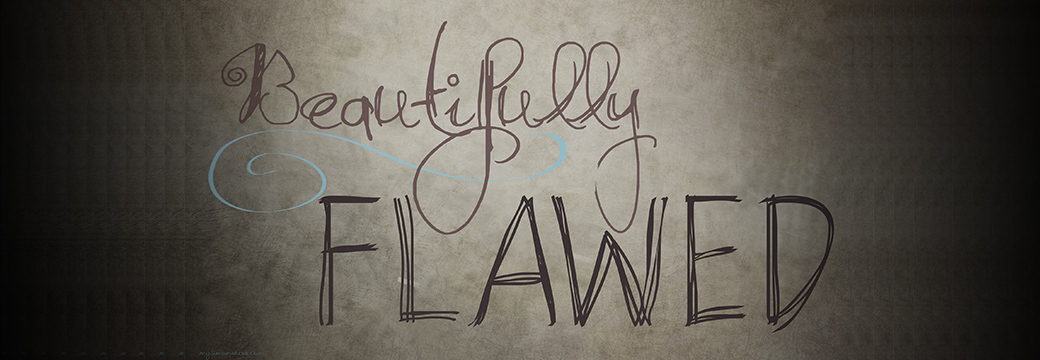You can thank Brene Brown for saving you from a “more-than-you-really-wanted-to-read” treatise on the tragic flaw in classical Greek tragedy. It was going to be really good, {I promise!}, but who has the time {or inclination} to read something so… {possibly/probably} uninteresting to everybody except me?
It’s true that I was getting a little bogged down in my Google search of different perspectives on the essential elements and cathartic purposes of the literary form of poetry known as Tragedy…but it was going somewhere significant, and I really wanted to take you there with me.
I was going to tie it in with deep insights and fascinating parallels of universal themes you’re used to reading about here on the ACTS Journal. I was going to tie it in with what I’ve learned about my own flaws, and the tragedy of thinking I had to keep them hidden. {Still makes me sad to think about it…} Now I know that flaws are only tragic when we refuse to admit them to ourselves and share them with others. Every story worth sharing contains some truth about flaws that is both cathartic and redemptive… for the one who tells it, as much as for the one who hears it.
The real tragedy happens when shame triggers reactions to our personal flaws that lead to self-hatred and isolation. Another tragic reality is the self-sabotaging focus on our flaws… as if we shouldn’t have any in the first place… that leads us to impose one impossible self-improvement program after another on ourselves…as if we could actually perfect the flaws of being human through self-effort.
I was going to tie in some quotes about embracing who we are, flaws and all, from Brene Brown’s wonderful book, The Gifts of Imperfection. And that’s when she came to your rescue… and mine! {You can thank her personally next time you see her, or leave a comment, and I’ll be happy to pass along your expressions of gratitude for her summary here that is infinitely better than my “more-than-I-planned-to-say-about-what-I-was-going-to-say” blog post.}
First… three things we need to understand about shame:
- We all have it.
- We’re all afraid to talk about it.
- The less we talk about it, the more it controls our lives.
Next… three things that make shame grow out of control in our lives:
- Secrecy
- Silence
- Judgment
Finally… four things that are true of people with high levels of shame resilience:
- They understand shame and recognize what triggers it for them.
- They reality-check messages and expectations that define being imperfect as being inadequate.
- They reach out and share their stories with people they trust.
- They use the word shame, talk about how they’re feeling, and ask for what they need.
As more and more people share their cathartic and redemptive stories, we’re learning that there’s nothing shameful or tragic about our flaws once we accept imperfection as the beautiful gift it truly is.
What a relief! Tragedy averted…


